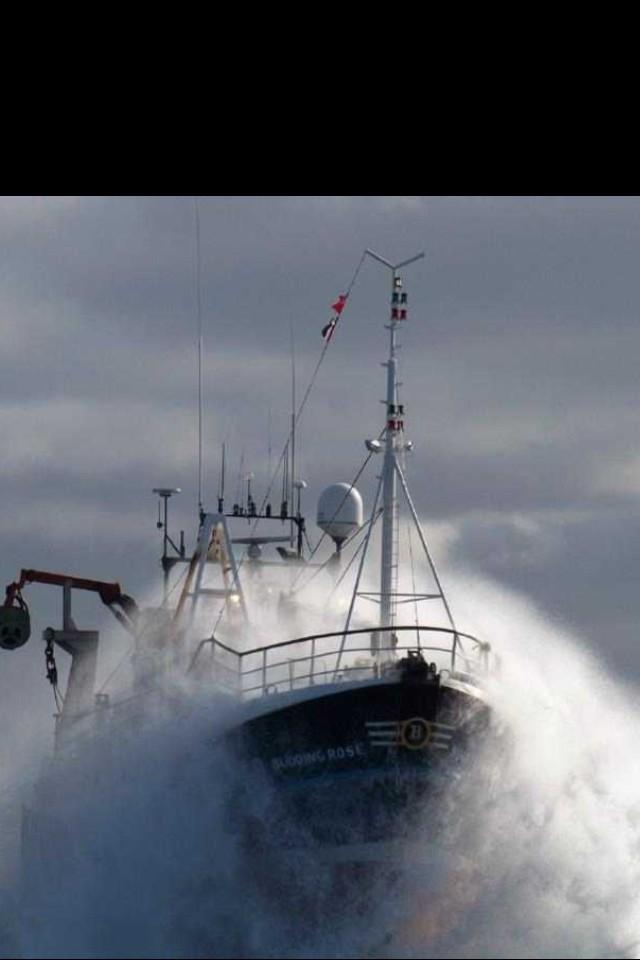How the subsidies break down
Go back to the story.
Graphic by Ajani Winston/iWatch News
The fishing industry has avoided paying the hefty fuel taxes levied on other Spanish citizens. ICIJ calculated what the industry would have paid if it were subject to the same taxes as the average citizen.
The European Commission buys fishing rights in foreign waters on behalf of the EU fleet. Spain gets more than 60 percent of those licenses.
Capacity is boosted by construction and modernization of fishing vessels, replacing engines, and improving energy efficiency and on-board working conditions.
Breaking down or “scrapping” older vessels is one way countries have tried to reduce their bloated fleets.
Subsidies pay for advertising and promotional campaigns as well as participation in trade fairs.
In 2010, fishing companies received money to hire private armed guards to protect vessels in the Indian Ocean. Much of the money went to just six companies.


